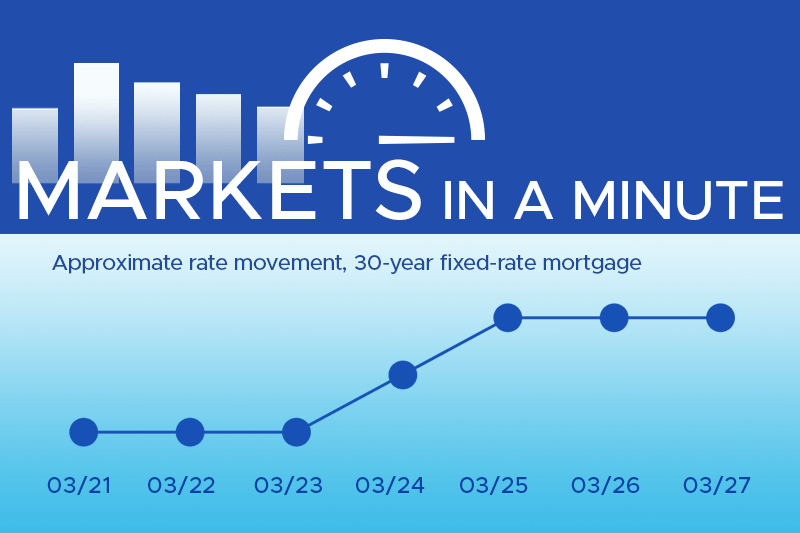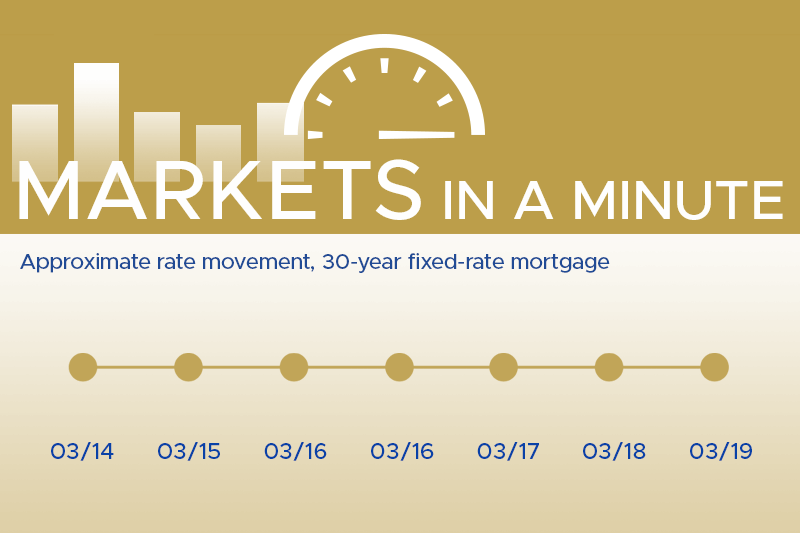At Thompson Kane, we stay ahead of shifting market trends so you don’t have to.…
Understanding Mortgage Points: How They Impact Loan Rates
When shopping for a mortgage, it’s common to see different interest rates advertised by lenders, some of which may appear significantly lower than others. However, many homebuyers may not realize that these lower rates often involve buying mortgage points—an additional upfront cost that reduces your interest rate. At Thompson Kane & Co., we prioritize transparency in mortgage lending, and we’re here to help you with understanding mortgage points and how they might affect the rates you see.

What Are Mortgage Points?
Mortgage points, also known as discount points, are optional fees paid at closing to lower your interest rate. One point costs exactly 1% of the total loan amount. So, on a $250,000 mortgage, buying one point would cost $2,500 upfront. Buying one mortgage point typically reduces your interest rate by 0.25%. However, the exact interest rate savings depends on your specific loan scenario and your personal financial profile. Your credit score, loan type, and market conditions can have an impact on your interest rate.
The Role of Points in Advertised Rates
One of the reasons it’s important to understand mortgage points is that some lenders advertise rates that are contingent on buying points. This can make one loan appear cheaper than another, even though it might not be in the long run. If a rate seems too good to be true, ask whether the lower rate includes the cost of purchasing points. Without that upfront clarification, comparing rates across lenders becomes challenging.
For example, you might see one lender offering a 6% rate and another offering 5.5%, but the second lender’s rate might be based on purchasing two points, which means you’re paying more upfront for that lower rate.
When Does It Make Sense to Buy Points?
Deciding whether to buy mortgage points depends on your individual situation. Points can offer long-term savings if you plan to stay in your home for many years and can afford the upfront cost. However, if you’re planning to move or refinance in the near future, buying points may not be worth it, as it could take several years to recoup the initial investment.
A Comparative Example
To give you a better understanding, let’s look at two hypothetical scenarios. Imagine you’re borrowing $250,000 with a 30-year fixed mortgage:
- Scenario 1: No Points
Interest rate: 6%
Monthly payment: $1,499
Total interest over 30 years: $289,595 - Scenario 2: Buying One Point ($2,500)
Interest rate: 5.75%
Monthly payment: $1,459
Total interest over 30 years: $274,994
In this example, paying $2,500 upfront reduces your monthly payment by $40. If you were to keep this home/mortgage for the full 30 years, you would save $14,601 in total interest. However, the upfront investment in points only pays off if you plan to stay in the home long enough to reach the break-even point—in this case, a little over five years.
The Bottom Line
Understanding mortgage points is essential when comparing loan offers, especially if some rates include points while others don’t. It’s easy to misinterpret these offers if you don’t know what’s included in the advertised rate. While buying points can reduce your interest rate and save you money over time, it’s not always the best choice for everyone.
If you’re unsure whether buying points is right for your situation, Thompson Kane & Co. is here to help. Our loan officers can explain how points might affect your loan and help you make an informed decision that works best for your financial goals.




